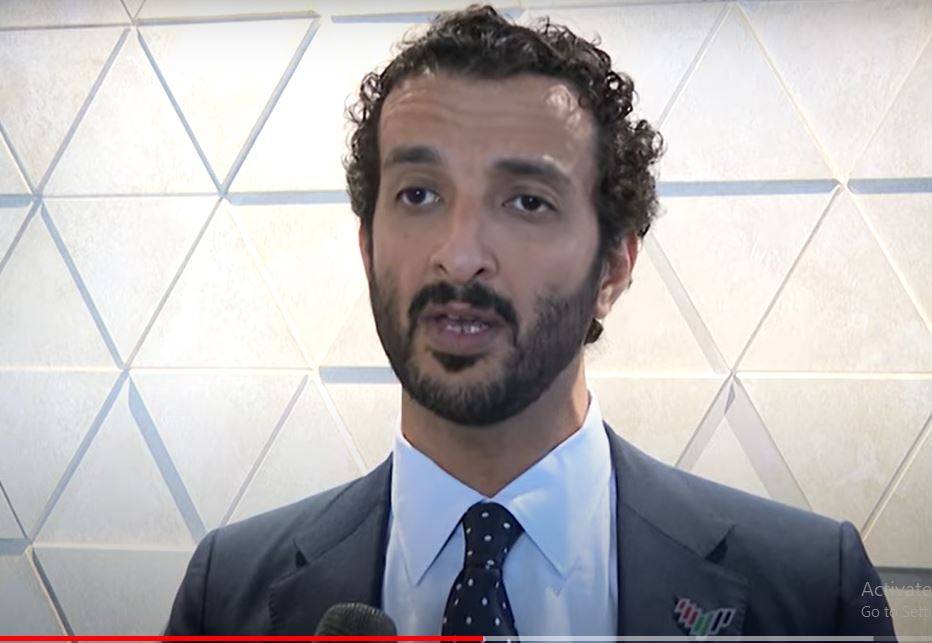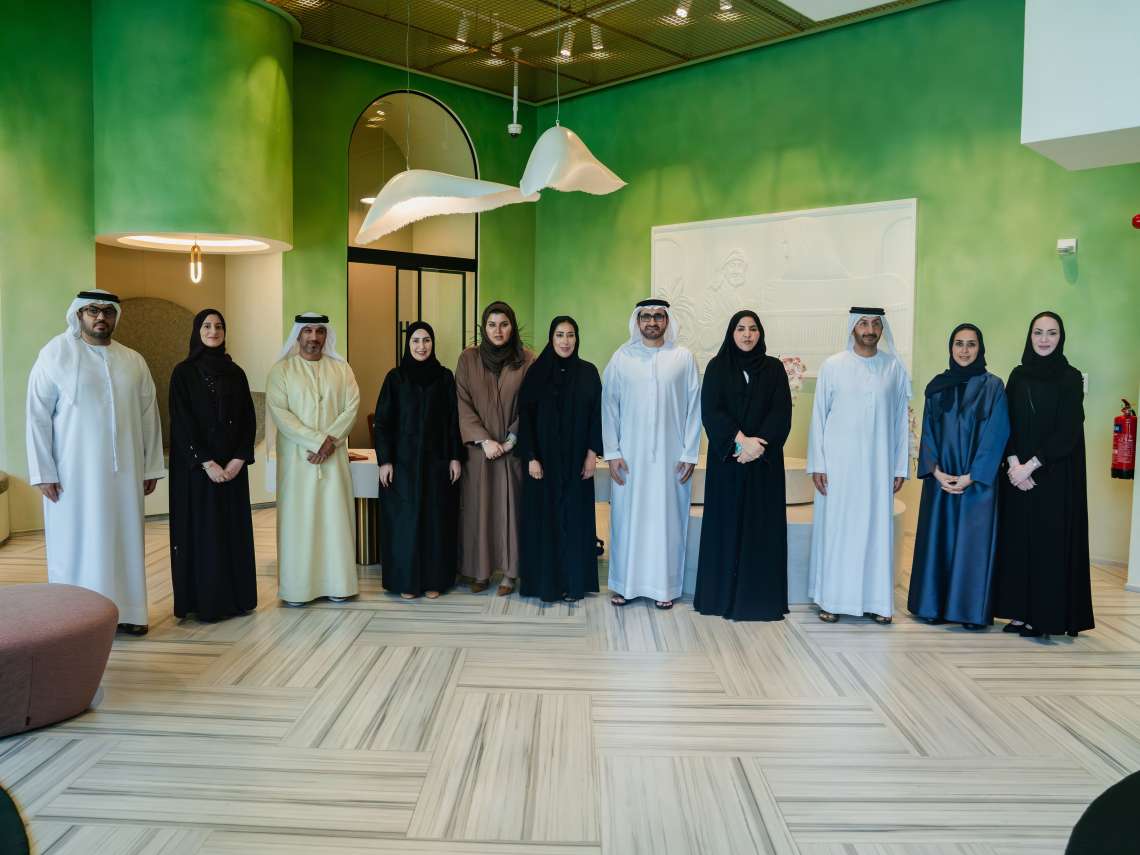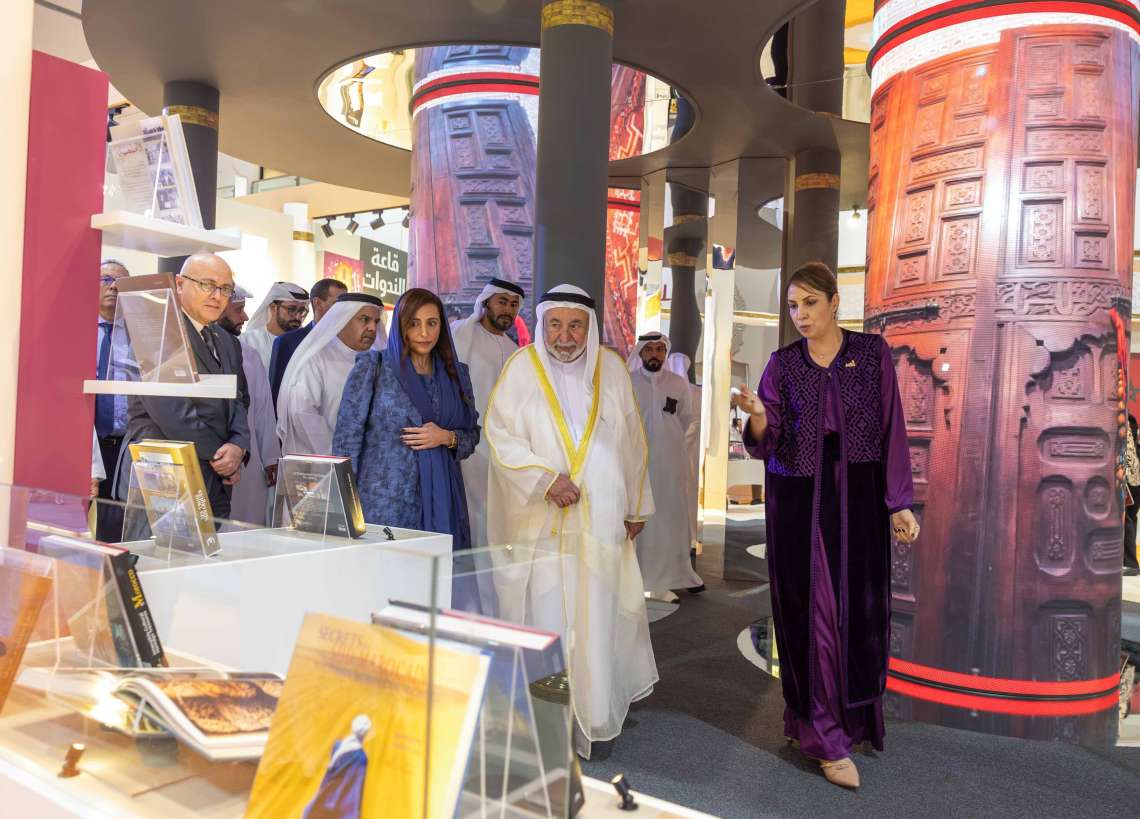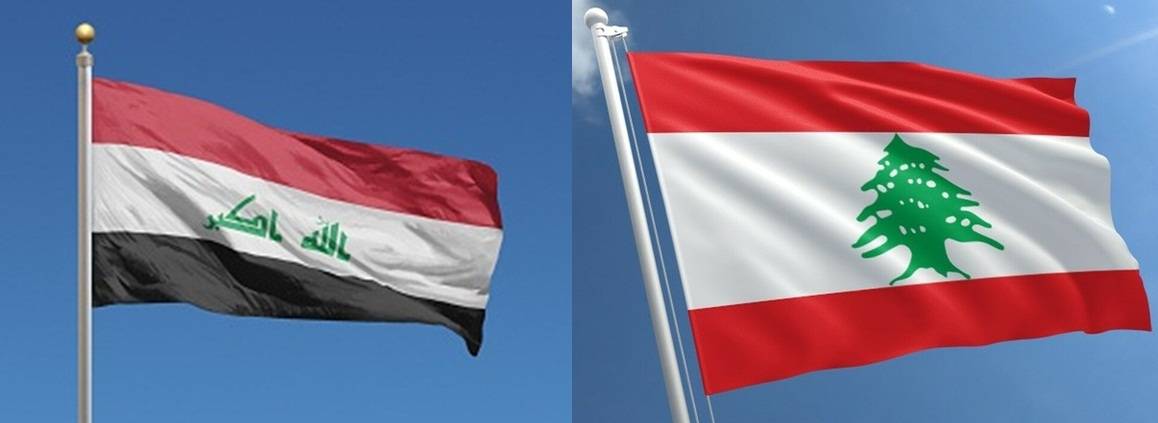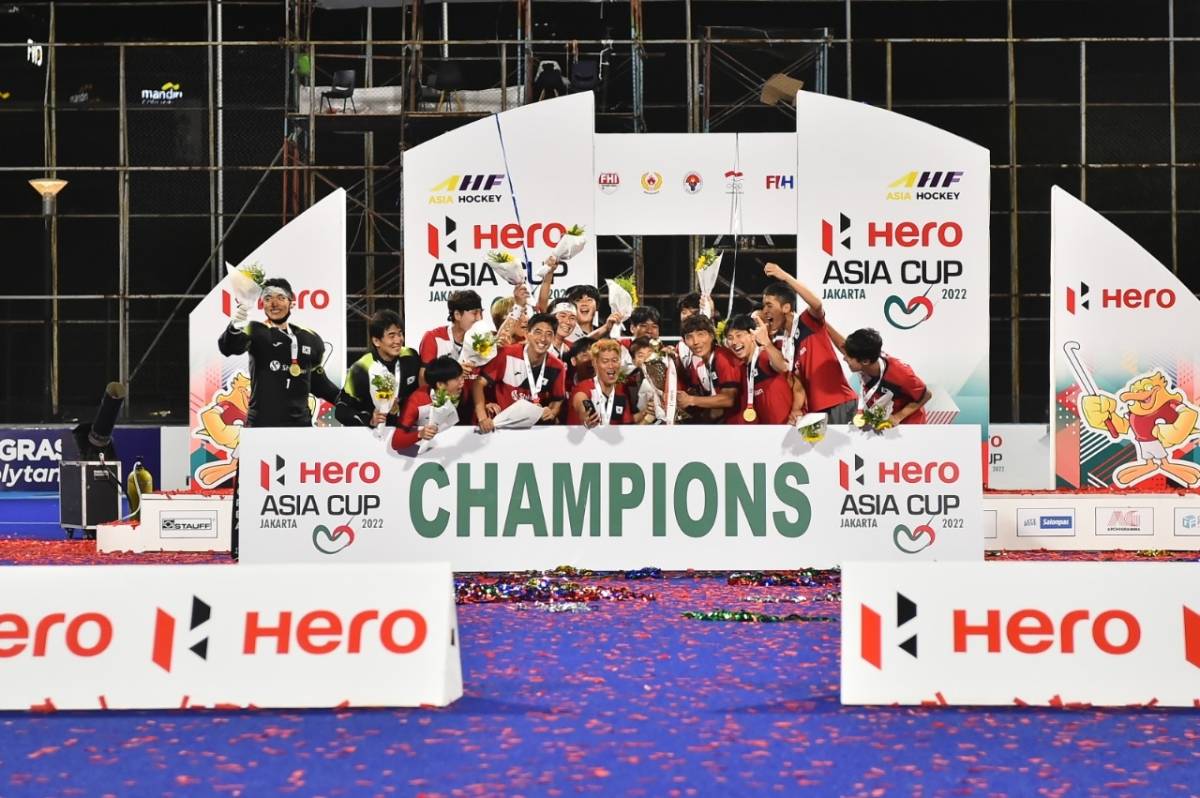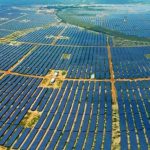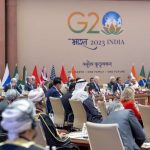The UAE has established clear objectives for its economic policy for the upcoming 50 years…reports Asian Lite News
The UAE and Kyrgyzstan are establishing a new era of economic cooperation led by their private sectors, which will double the value of their trade, said UAE Minister of Economy Abdullah bin Touq Al Marri.
In an interview with the Emirates News Agency (WAM), while heading an Emirati economic and commercial delegation visiting the Kyrgyz capital, Bishkek, Al Marri noted that the non-oil trade exchange between the two countries was valued at over US$828 million in 2021.
In line with the directives of President His Highness Sheikh Mohamed bin Zayed Al Nahyan, the UAE has established clear objectives for its economic policy for the upcoming 50 years, which aims to strengthen synergies with other countries and raise the value of their trade exchange, he added.
The UAE accounts for 98 percent of Kyrgyzstan’s total trade with the Gulf Cooperation Council (GCC), and ranks first in terms of total trade volume between Kyrgyzstan and the GCC countries, he further added, noting that the volume of non-oil trade exchange between the two countries grew by 167 percent during the past five years, while the volume of Emirati non-oil exports to Kyrgyzstan grew by 742 percent during the same period.
The UAE accounts for 98 percent of Kyrgyzstan’s exports to GCC countries, as well as 99.7 percent of imports from GCC countries to Kyrgyzstan, Al Marri affirmed, stressing that the delegation’s visit to Kyrgyzstan is taking place as part of their distinguished bilateral ties, and aims to establish partnerships in the areas of agriculture, food security, tourism, infrastructure and renewable energy.
ALSO READ: MBZ lauds health officials for anti-Covid efforts
Al Marri then noted that there are eight strategic areas with opportunities for promoting investment and trade cooperation with Kyrgyzstan, which include aviation, logistics, real estate, food industries, agriculture, energy, renewable energy, tourism, transportation, insurance and infrastructure.
The visit includes field visits to the free economic zone in Bishkek and the headquarters of companies and factories in the food and beverage, industrial, building material, textile and clothing sectors.
The Emirati delegation comprises representatives of 40 federal and local government authorities and the private sector, which makes up more than 70 percent of the delegation’s members and includes investors and companies in the sectors of food industries, aviation, tourism, renewable energy, real estate, infrastructure, logistics, water and environmental solutions.


